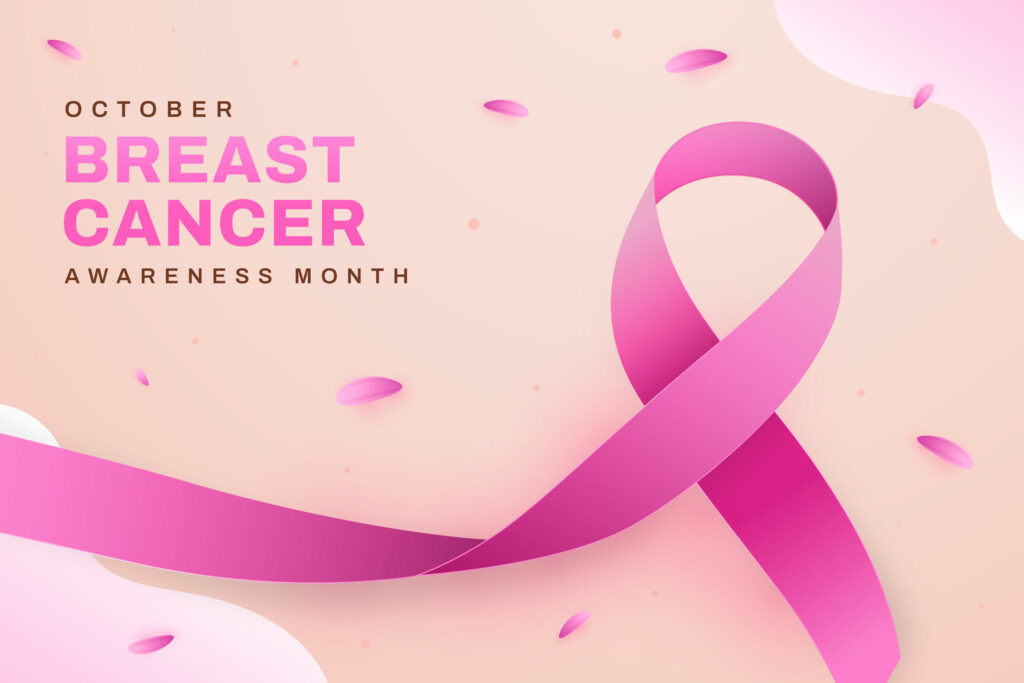career
Tag5 Things I Wish I Knew Before Working in Healthcare
Beginning a healthcare career is inspiring and demanding. It’s a purpose-driven, responsible, and lifelong profession. It looks like a stable, secure career from the outside, full of high-minded ideals and self-improvement. But as soon as you ente…
Why Nurses Are Switching to Nursing Informatics in 2025 [Real Stories]
Nursing informatics continues to experience unprecedented growth, with 70,000 new positions expected to emerge soon. The healthcare industry depends more on data now, which creates opportunities across all nursing sectors. Today, 96 percent of U.S…
The Most In-Demand Specialties for NPs and PAs in 2024
As we near the end of 2024, the roles of Nurse Practitioners (NPs) and Physician Assistants (PAs) have become increasingly vital in the healthcare system. With a growing emphasis on accessible, high-quality patient care, these professionals are st…
The Rising Popularity of Home Healthcare and Its Impact on Nursing
Home healthcare is transforming the way patients receive medical care, rapidly gaining popularity as an alternative to traditional hospital or clinical settings. Driven by advancements in technology, a growing preference for personalized care, and…
The Job Market for Nurses Today: Opportunities, Challenges, and the Future
The nursing profession has always been a cornerstone of the healthcare system, and today, its significance is more pronounced than ever. The job market for nurses is experiencing remarkable shifts driven by global health challenges, an aging popul…
Adventure in Healing: How to Thrive as a Travel Nurse Across the Globe
Travel nursing presents a unique opportunity to blend professional growth with personal adventure. If you’re drawn to caring for others and have a passion for exploring new places, becoming a travel nurse might be your ideal career path. This dyna…
Enhancing Women’s Health CME: The Importance of Breast Cancer Awareness
In October, we observe Breast Cancer Awareness Month to increase education and awareness about a cancer that affects about 300,000 people each year in the United States, 40,000 of whom die from it. That’s why it’s so important to incorporate Women…
Navigating the Shortage of Healthcare Workers: Innovative Recruitment and Retention Strategies
The shortage of healthcare workers is an ongoing challenge impacting hospitals and clinics worldwide. As demand continues to rise due to an aging population and increasing chronic conditions, innovative recruitment and retention strategies are ess…
Figuring Out the Yay or Nay to a New Career Opportunity
The Role of Mentorship in Career Decisions
Maybe you formally view yourself as a mentor or maybe you don’t, but at some point, just about all of us unwittingly play that role in our careers.
The Request for Guidance
Let’s say, for example, a nu…
The Impact of Social Workers on Patient Outcomes in Healthcare Facilities
Social workers wear a lot of hats. While their primary responsibility is to help people in need this obligation can take many forms. We think often of social workers in the context of family life. Kids. Children struggling with something at school…


![Why Nurses Are Switching to Nursing Informatics in 2025 [Real Stories]](https://blog.healthjobsnationwide.com/wp-content/uploads/2025/02/5f9eb8d4-edfb-4608-85a7-bce597fbf3ee-1024x585.png)







